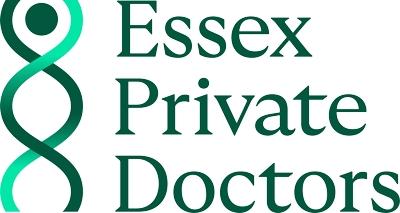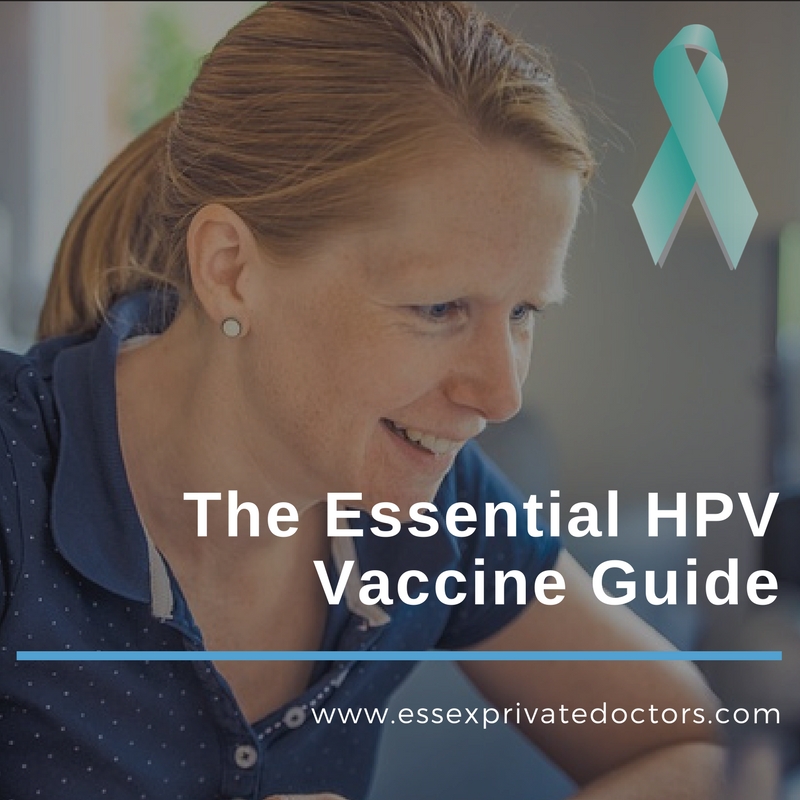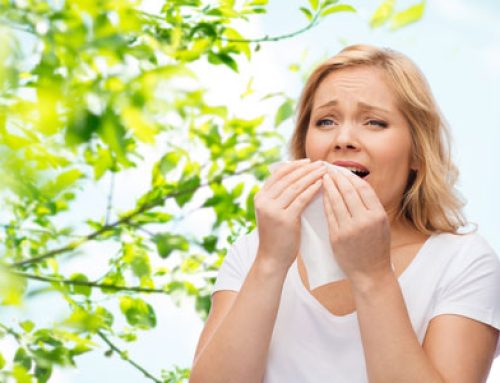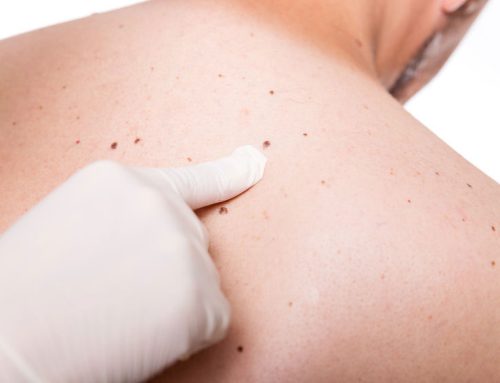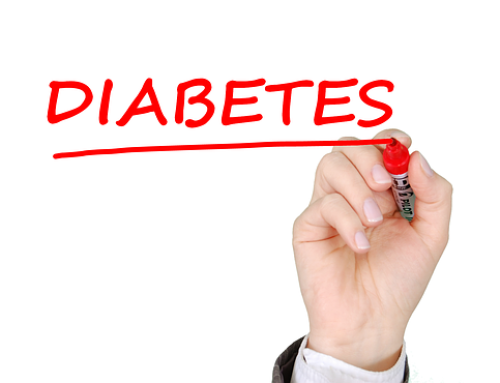The HPV vaccine (human papillomavirus vaccine) has been in the headlines this month. With cervical cancer experts and scientists talking of the impressive results the vaccine has had in the reduction of HPV infections and pre-cancerous cervical lesions.
To mark World Cancer Day Essex Private Doctors GP Doctor Alice Scott takes a look at the wider issue of cervical cancer, and the protection the HPV vaccine provides.
Cervical Cancer – The Facts
Cervical Cancer occurs when cells in the cervix (the neck of the womb) become abnormal and grow in an uncontrolled way. If left untreated, the tumour can spread to other parts of the body.
Wouldn’t it be great if there was a test available which looks for early changes in the cells on the cervix before they become cancerous?! Well…the good news is, THERE IS!
Cervical screening, also known as a “smear test”, is where a sample of cells is taken from the cervix and looked at under a microscope to look for any abnormal changes in the cells. If there are any changes present, they can be identified and treated BEFORE the cells become cancerous.
In the NHS screening programme, women are invited to attend for cervical screening every 3 years between the ages of 25-49 and every 5 years from 50-64. Since the introduction of the screening programme it is estimated that deaths from cervical cancer in the UK fell by about 60% between 1974 and 2004.
So what causes the cells on the cervix to become abnormal?
It has been shown that 99.7% of cervical cancers are due to infection with “high risk” types of Human Papillomavirus (HPV) which causes changes in the cells in the cervix which can then become cancerous.
What is HPV?
HPV is a virus, there are over 100 types of HPV and about 40 of these affect the genital tract. HPV is passed by sexual contact and is very common, with up to 40% of women being infected with at least one type of HPV within 2 years of their first sexual encounter. The use of condoms decreases the risk of passing on HPV but does not eliminate it.
Whilst most HPV genital infections clear up by themselves and do not cause any problems, some types of HPV are “high risk” and are associated with cervical, vaginal, penile and anal cancer.
The most common HPV types to cause cervical cancer are HPV 16 and 18. HPV can also cause genital warts and it is estimated that types 6 and 11 cause 90% of genital warts.
It is thought that early detection and treatment of HPV can prevent 75% of cancers developing, so if a cervical screening test shows slight changes in the cells, an HPV test is performed, and if HPV is present then the patient is referred for treatment to the cervix.
The HPV Vaccine
There is now a vaccination against some types of HPV which has been introduced to the routine childhood immunisation programme for girls.
The first dose is given at the age of 12-13 years old and then a second dose 6-12 months later. The aim is that girls receive the vaccination before they become sexually active and therefore when they later encounter HPV through sexual activity, they will already be immune.
The current vaccination in the NHS programme is with Gardasil® quadrivalent vaccine and this protects against HPV types 16, 18, 6 and 11 – this means it gives protection against the two most common types of HPV which cause cervical cancer and the two most common strains which cause genital warts.
However, because the HPV vaccine doesn’t protect against all types of HPV that can cause cervical cancer, it is still important that all girls who receive the vaccination also have regular cervical screening once they reach the age of 25 years old.
Does HPV only affect girls?
NO! HPV affects boys too and can cause genital warts and also penile cancer.
Currently boys are not eligible to have the HPV vaccination within the NHS immunisation programme. It is thought that vaccinating girls will indirectly protect boys from these types of HPV as the vaccinated girls then won’t pass the HPV on to the boys, however this won’t lead to any protection of men who have sex with men.
It is possible to have the HPV vaccination privately if you do not fall into the NHS vaccination programme. The vaccination we offer at the surgery is with GARDASIL®9 which protects against 9 types of HPV (Types 6, 11, 16, 18, 31, 33, 45, 52, and 58).
Spot the symptoms
Finally, cervical cancer can develop between regular screening tests, so it is important to see a doctor straight away if you develop any of the following symptoms: bleeding between your period, after sex, or after the menopause; vaginal discharge; pain or discomfort during sex.
There are other less worrying causes for these symptoms too, but it is better to be checked out.
If you would like to discuss any health concerns raised by this article, or to book a private smear or a private HPV vaccination please call the surgery on 01277 201001 to book your appointment.
Did you know: At Essex Private Doctors we’ve been providing fast and convenient private GP services, from our purpose built Shenfield surgery, since 2005? We provide a welcoming next-day appointment service, and always try to accommodate urgent requests on the same day.
References
https://www.nhs.uk/conditions/vaccinations/hpv-human-papillomavirus-vaccine/?
https://www.gov.uk/guidance/cervical-screening-programme-overview
